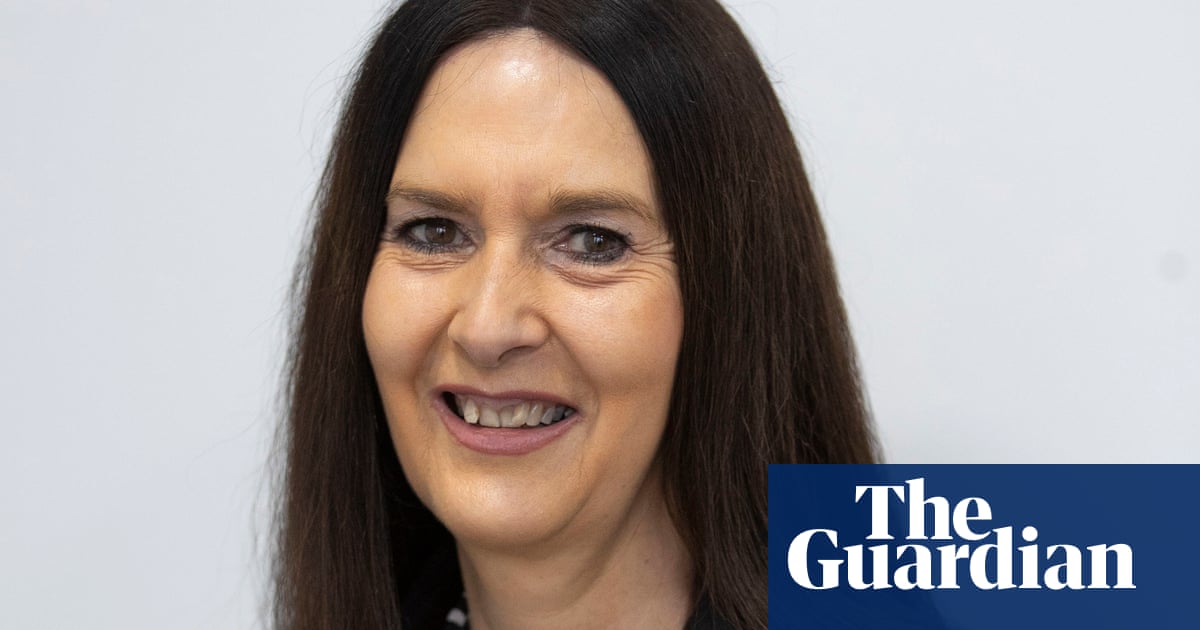
Jobseeker should not be lowered to its old rate of $40 a day because the safety net will be required to support people excluded from other payments such as the jobkeeper wage subsidy, Deloitte Access Economics has argued.
In its latest business outlook report, released on Monday, Deloitte praises the speed at which fiscal stimulus has been delivered but warns that withdrawing supports too soon to fight the “phantom menace” of government debt will harm the recovery.
Deloitte strikes a hopeful note that Australia’s “relative success in our virus fight” gives it more scope to reopen the economy, meaning the recession “may well have already passed its worst”, although the predictions are based on assumptions virus numbers stay suppressed despite a second spike in Melbourne.
Deloitte is predicting a sharp contraction of -6.4% GDP in the June quarter, before growth rebounds by 2.4% in the September quarter.
It expects employment will contract by 6.6% in the June quarter, and unemployment to rise to 8.5% by March 2021.
The Morrison government is considering the future of the jobkeeper wage subsidy and has indicated it will continue to support the hardest hit industries and regions; while it also considers a $75 a week permanent rise to jobseeker.
Deloitte warns that with 835,000 people already having lost their jobs there is a risk of “generational damage” if governments do not ensure that there is a “smooth transition [in] timing and dollars” of economic supports.
With the $1,500 jobkeeper wage subsidy and doubling of jobseeker to $1,100 a fortnight set to end in September “too much support ends at the same time”, it said.
Deloitte called for an ongoing wage subsidy for businesses still affected by Covid-19 restrictions, such as the closed international border, but said economy-wide subsidies will need to stop otherwise they will simply keep “zombie” jobs alive.
If eligibility for jobkeeper is tightened or wage subsidies are replaced with industry specific packages “keeping jobseeker stronger for longer will be vital in filling the cracks as emergency safety nets morph or disappear”, it said.
The Deloitte report warned against promoting the “belief we have to pay off all this new debt”, which it labelled a “phantom menace” because debt will shrink relative to the size of the economy if growth returns.
“Another phantom menace is the belief that, even if we don’t pay off the debt, we have to raise taxes and cut spending to fix the budget,” it said.
“That’s completely wrong and it unnecessarily scares the punters. The emergency measures are temporary. So, as Treasury notes, if we can repair the economy, then we’ll repair the budget.”
Despite the Reserve Bank of Australia effectively printing money by buying government bonds, the report says the “very last thing” Australia has to worry about is inflation, with demand dead and wage gains set to fade further.
Deloitte predicted that record low interest rates and stagnant wages are set to persist.
Its forecast for the wage price index is for growth of just 0.9% in 2020-21, with a significant recovery in wages growth not forecast until 2024-25 (2.3%).
Interest rates will remain at effectively near-zero with the 90-day commercial bank bill rate not expected to lift to 0.9% until 2024-25, it predicts.
Deloitte bases the prediction – in part – on the fact “governments will bow out of their support, leaving it up to central banks to repair economies”.
On Wednesday the RBA deputy governor, Guy Debelle, warned further fiscal support will be needed from the government for “quite some time”.
Labor’s Jim Chalmers has suggested the government should not withdraw economic supports too quickly, although Labor has also criticised the government for increasing debt and shadow ministers have been warned of ongoing “fiscal constraints” .
The Greens are campaigning on a platform of raising $300bn government debt to boost spending.
Deloitte predicts government borrowing costs will remain low, with the 10-year treasury bond rate at or below 0.6% until 2024-25.











